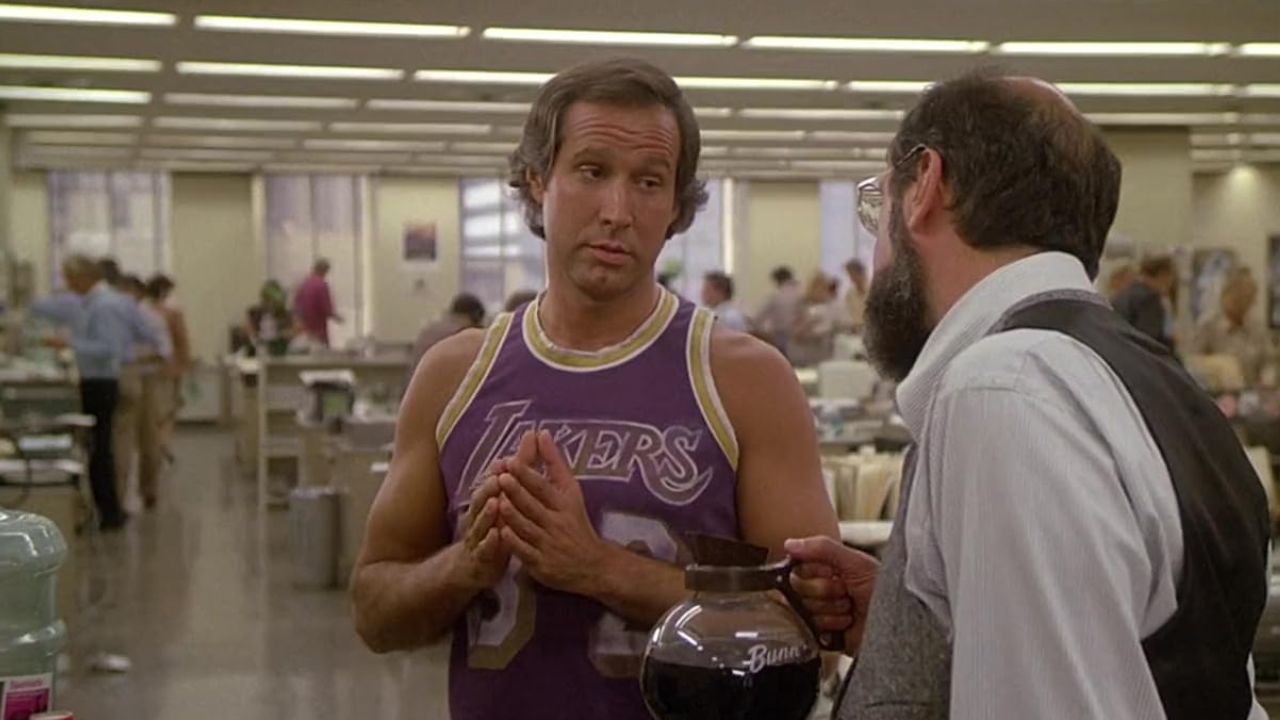Millennials often get a bad rap as being impatient, inattentive, and fragile. But, these young professionals are actually helping the workplace by being positive disrupters.
Millennials bring their core beliefs into every aspect of their life, including work. Their perseverance has forced companies to rethink their approach to managing the workforce.
Whether it’s flexible working hours or a focus on employee mental wellness, Millennials have made massive improvements in the workplace.
1. Remote Work

One of the most notable ways millennials have improved the work experience is by normalizing remote work. Gone are the days when flexible working conditions were a privilege. Millennials now actively seek and prefer jobs that offer the flexibility of working from home.
The remote work revolution is borne out of a need for a better balance between work and personal life. It’s also a result of a new generation of workers realizing they can work better from the comfort of their homes.
2. Emotional Intelligence

Millennials are the first generation to emphasize mental and emotional health in the workplace. The “leave your personal life at home” approach doesn’t work anymore as companies realize that fostering soft skills like communication is key to keeping their workforce happy and productive.
Google’s Mindfulness Training Course is a great example of how companies are now embracing the importance of emotional intelligence in the workplace.
3. Flatter Organizational Structure

Millennials don’t respond well to the “command and control” management approach and prefer a culture of open communication and transparency. This has led to a flatter organizational structure where everyone is included in the conversation.
This approach has fostered a growth mindset, with more and more millennials seeking mentors instead of managers to learn the ropes of the business and hone their skills.
4. Better Work-Life Balance

Millennials receive a lot of flack for not accepting traditional working practices, and that is because they are fighting for balance. The idea is to integrate your personal and professional life to reduce stress and increase productivity.
Companies that offer flexible working hours, hybrid working schedules, and benefits focusing on work-life harmony can attract and retain a better workforce.
5. Digitization

Millennials grew up with technology: smartphones, laptops, tablets — they’ve got it all and more. The digital revolution has helped streamline work processes and reduce waste. With new technologies emerging every day, it is important to have a workforce open to learning them.
The freelance or gig economy has allowed millennials to supplement their skills with digital tools that increase productivity. Thus, they are adept at using technology and developing better workplace tools.
6. Multitasking

Growing up with social media and technology has allowed Millennials to multitask like a boss. They can carry on multiple conversations, go from one task to the next, and back again without missing a beat. The ability to complete multiple tasks simultaneously has made the workplace more productive.
This ability to handle multiple tasks can be misconstrued as a lack of attention to detail, but Millennials have proven that wrong.
7. Personalized Workspaces

Thanks to Google, no one wants a boring old office anymore, especially Millennials. Their need for self-expression has led to a revolution in office design. The sterile office look is out as Millennials personalize their workspace in their own unique ways.
Companies are now realizing the importance of designing a welcoming office space that allows for employee customization.
8. Flexible Work Hours

Millennials believe in getting their work done in the most efficient way possible. That may or may not require them to be physically present in an office or clock in the required 8 hours a day. A typical 9-to-5 workday might be redundant for specific jobs, such as knowledge workers.
This new thought process has made companies rethink flexibility, autonomy, and the idea that more work hours means more work done.
9. Power of Networking

This collective group of professionals believes in the power of the many. Gone are the days when networking was relegated to certain professions. Millennials have shown the world that all professionals need a strong network behind them to succeed.
Social media has made networking more accessible, with many platforms like LinkedIn allowing professionals to connect with each other and share ideas.
10. Vision-Supportive Culture

Millennials don’t like the idea of being just a cog in the machine that is their workplace. They want to see the impact of their contribution. These professionals are drawn to companies with a clear vision and a strong and healthy intended culture.
Millennials are most productive when they believe their work is helping the company meet its goals. Companies with a strong shared vision are more likely to attract and retain a Millennial workforce.
11. Immediate Feedback

Millennials thrive on feedback. It helps them navigate through their work and uncover areas of improvement. This has helped create an improvement-focused work environment where immediate feedback and transparency reign supreme.
Companies are now introducing coaching and development programs to foster a culture of growth. Gone are the days of managing the Millennial workforce; today, they want to be coached and mentored to achieve shared goals.
12. Learning and Advancement

Millennials don’t just want to be static in their profession; they want to grow, polish their skills, and learn new ones. They put a lot more emphasis on professional development and advancement opportunities and are likely to quit if they don’t see a future in the company.
The gig economy has allowed Millennials to use their talents lucratively so they don’t feel the need to settle for a dead-end job to pay the bills. Companies now offer advancement opportunities and learning programs to help employees hone their skills and grow.
13. Social Responsibility

This emerging generation of professionals has seen the effects of wars, social injustice, and energy abuse on the planet. They want to do something about these social causes and realize that social responsibility is no longer personal.
More and more companies are taking their social and civic responsibilities more earnestly to ensure they do their part to improve the world.
14. Focus on Mental Wellness

This is the first generation to take mental health issues seriously and get everyone else to do the same. Mobile technology has made it almost impossible to ‘switch off’ from work, increasing work-related stress among employees.
One way companies are handling this situation is to limit work-related communication to work hours. Team lunches, offsite meetings, and work yoga are other ways companies try to be mindful of their employees’ mental well-being.
15. Intrapreneurship

Millennials need to share their ideas and grow within the company. This has led to a rise in intrapreneurship, which means acting like an entrepreneur within a larger organization. Intrapreneurs are always on the lookout for opportunities to innovate.
Millennials make excellent intrapreneurs because they’re willing to challenge the status quo. Companies benefit from the new ideas and products that their employees generate and encourage them by providing innovation labs, incubators, and mentorship programs.
Read More From Us – 17 Movies With Zero Expectations That Blew Us Away

Never judge a book by its cover. You can say the same about movies.
Some of our favorite films are the ones we went into with no expectations. Despite this, they blew us away from start to finish.
17 Movies With Zero Expectations That Blew Us Away
Read More From Us – Classic 80s Movies Better Than Anything Released Today

The 80s was an incredible time for film. From award-winning cinema to hilarious comedies and everything in between, there was something for everyone to enjoy.
Thankfully, many of these 80s movies still hold up today. I regularly find myself watching these beloved 80s movies more often than modern cinema.
